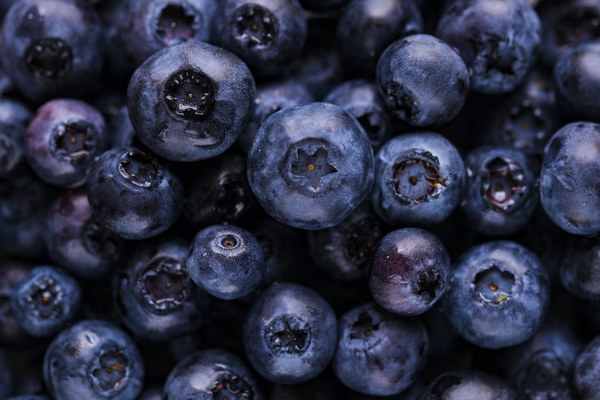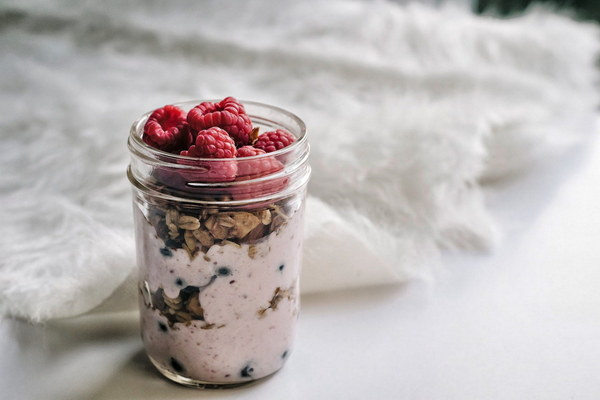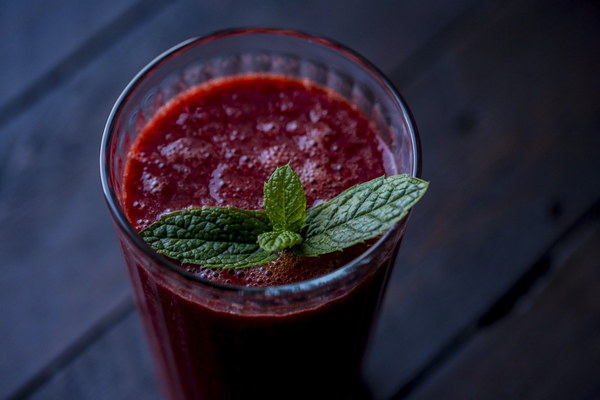Ancient Wisdom How Long-Time Milk Drinkers Maintained Their Health
In the annals of history, there exists a fascinating account of how ancient civilizations, long before the advent of modern healthcare, maintained their health and vitality through the regular consumption of milk. This article delves into the practices of these ancient individuals and explores how milk played a crucial role in their well-being.

Milk, a liquid treasure, has been a staple in human diets for thousands of years. It is rich in nutrients, vitamins, and minerals that are essential for the proper functioning of the human body. Long-time milk drinkers, particularly in ancient societies, were keenly aware of the benefits that milk offered, and they incorporated it into their daily routines to maintain their health and vigor.
One such civilization was the ancient Egyptians, who were among the first to recognize the health benefits of milk. The Egyptians believed that milk had the power to heal and rejuvenate the body. They used milk in various forms, including as a drink, in cooking, and even as a cosmetic. For them, milk was not just a food but a symbol of purity and longevity.
The Greeks and Romans also shared the same belief in the power of milk. The Greeks, for instance, considered milk to be a divine beverage, imbued with the essence of the gods. Milk was a central component of their diet, and they believed that it kept them healthy and strong. The Romans, on the other hand, used milk as a medicinal substance, believing that it could cure a wide range of ailments.
In ancient India, milk was considered a sacred food, and its consumption was linked to spiritual purity. The Vedas, the oldest sacred texts of Hinduism, mention milk as a divine nectar that bestows health and longevity. The Indian people have been consuming milk for centuries, and it remains a vital part of their diet to this day.
One of the key reasons why milk was so highly valued in these ancient cultures was its high nutritional content. Milk is an excellent source of calcium, which is essential for maintaining strong bones and teeth. It also contains vitamin D, which helps the body absorb calcium, and vitamin B12, which is crucial for red blood cell production.
Furthermore, milk is rich in protein, which is essential for muscle growth and repair. It also contains conjugated linoleic acid (CLA), a type of fat that has been shown to reduce the risk of certain cancers and improve heart health. The ancient milk drinkers were undoubtedly onto something when they consumed milk regularly.
Another reason why milk was so beneficial to these ancient cultures was its ability to boost the immune system. Milk contains immunoglobulins, which are proteins that help fight off infections. It also contains lactoferrin, a substance that has antibacterial and antiviral properties.
Despite the numerous health benefits of milk, it is important to note that not all ancient cultures had access to this liquid treasure. In some regions, milk production was limited, and only the wealthy could afford it. However, those who did have access to milk made the most of it, incorporating it into their daily lives to maintain their health and well-being.
In conclusion, the practice of long-time milk drinking in ancient civilizations highlights the importance of milk as a vital component of a healthy diet. Its rich nutritional content, coupled with its ability to boost the immune system and improve overall health, made milk an invaluable resource for these ancient cultures. Today, we can still learn from their wisdom and incorporate milk into our own diets to enjoy the same health benefits that our ancestors did.









